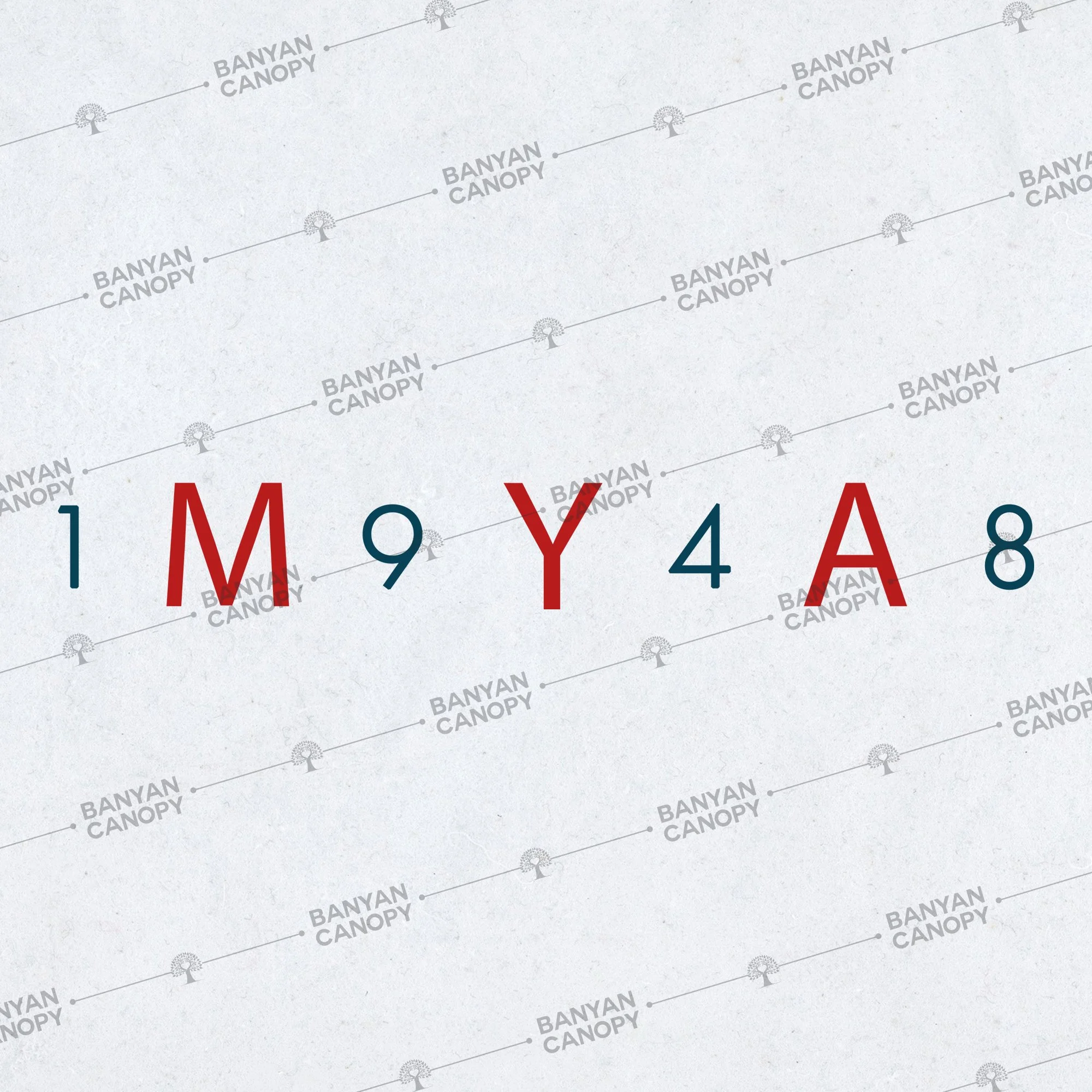Myanmar Independence 1948 | Eco Tote Bag
With our Eco Tote Bag, you can mix trendy and stylish while being eco-conscious! This organic cotton twill tote bag has a roomy (extra-large) interior that be used for storing and carrying groceries, books and so much more. Combined it with the bold and charismatic designs reflecting Myanmar’s intriguing culture and heritage, this tote bag could be your perfect companion for your daily activities.
Size: 16” x 14.5”
Type: Organic Cotton Everyday Tote
Printing Method: Direct-To-Garment (DTG)
Exclusively designed for you by talented Myanmar designers and creative minds.
With our Eco Tote Bag, you can mix trendy and stylish while being eco-conscious! This organic cotton twill tote bag has a roomy (extra-large) interior that be used for storing and carrying groceries, books and so much more. Combined it with the bold and charismatic designs reflecting Myanmar’s intriguing culture and heritage, this tote bag could be your perfect companion for your daily activities.
Size: 16” x 14.5”
Type: Organic Cotton Everyday Tote
Printing Method: Direct-To-Garment (DTG)
Exclusively designed for you by talented Myanmar designers and creative minds.
With our Eco Tote Bag, you can mix trendy and stylish while being eco-conscious! This organic cotton twill tote bag has a roomy (extra-large) interior that be used for storing and carrying groceries, books and so much more. Combined it with the bold and charismatic designs reflecting Myanmar’s intriguing culture and heritage, this tote bag could be your perfect companion for your daily activities.
Size: 16” x 14.5”
Type: Organic Cotton Everyday Tote
Printing Method: Direct-To-Garment (DTG)
Exclusively designed for you by talented Myanmar designers and creative minds.
Product Features
100% Certified Organic Cotton 3/1 Twill
Fabric Weight: 8 oz/yd² (272 g/m²)
Cotton rope handles with cream sheeting interior lining
Weight Limit: 30 lbs (13.6 kg)
Every product went through a 3-step quality check system
Organic cotton products are farmed using organic compost that uses biological pest control. No synthetic substances or genetic modifications were used during the production of this blank product.
Size & Fit
Length: 16” (40.6cm)
Width: 14 1/2” (35.6)
Depth: 5” (14 cm)
Handle Strap: 1” (2.5 cm) wide dual straps.
Handle Length: 12 1/4” (31.1 cm)
-
Delivery
Standard (United States) | 5-7 Business Days
Standard (Canada) | 7-10 Business Days
Standard (Rest of the World) | 10-14 Business Days
Direct Shipment from Myanmar | 10-20 Business Days
To ensure quality and customer satisfaction, we use various Suppliers and Fulfilment Partners for our products and orders. As such, delivery times provided here are estimated and might differ based on the number of products in the order to be processed and fulfilled.
You will see the available shipping method and delivery costs in the order checkout.
Order Production
Items are made to order and typically ship within 2-3 business days.
Items sourced directly from Myanmar typically ship within 5-7 business days.
Returns
Return requests can be made within 30 days of your item(s) delivery. Terms & Conditions Apply.
For more information please visit Delivery & Returns.
-
Machine wash cold, inside-out, gentle cycle with mild detergent and similar colors. Use non-chlorine bleach, only when necessary. No fabric softeners.
Remove all items from the bag before cleaning.
Spot clean visible stains with stain remover.
Tumble dry low, or air dry for longest life.
Cool iron inside-out if neccessary. Do not iron decoration.
Do not dry clean.
-
Myanmar (Burma) Independence in 1948
In the 19th century, following three Anglo-Burmese Wars, Burma was colonized by Britain. On 1 April 1937, Burma became a separately administered colony of Great Britain and Ba Maw became the first Prime Minister and Premier of Burma.
He resigned from the Legislative Assembly and was arrested for sedition. In 1940, before Japan formally entered the Second World War, Aung San formed the Burma Independence Army in Japan.
A major battleground, Burma was devastated during the Second World War. By March 1942, within months after they entered the war, Japanese troops had advanced on Rangoon and the British administration had collapsed.
Beginning in late 1944, allied troops launched a series of offensives that led to the end of Japanese rule in July 1945. However, the battles were intense with much of Burma laid waste by the fighting.
Although many Burmese fought initially for the Japanese, some Burmese, mostly from the ethnic minorities, also served in the British Burma Army. The Burma National Army and the Arakan National Army fought with the Japanese from 1942–44, but switched allegiance to the Allied side in 1945.
Following World War II, Aung San negotiated the Panglong Agreement with ethnic leaders that guaranteed the independence of Burma as a unified state. In 1947, Aung San became Deputy Chairman of the Executive Council of Burma, a transitional government.
But in July 1947, political rivals backed by the British assassinated Aung San and several cabinet members.
On 4 January 1948 at 4.20 am, the nation became an independent republic, named the Union of Burma in which the time was chosen for its auspiciousness by an astrologer, with Sao Shwe Thaik as its first President and U Nu as its first Prime Minister.
Unlike most other former British colonies and overseas territories, it did not become a member of the Commonwealth.











